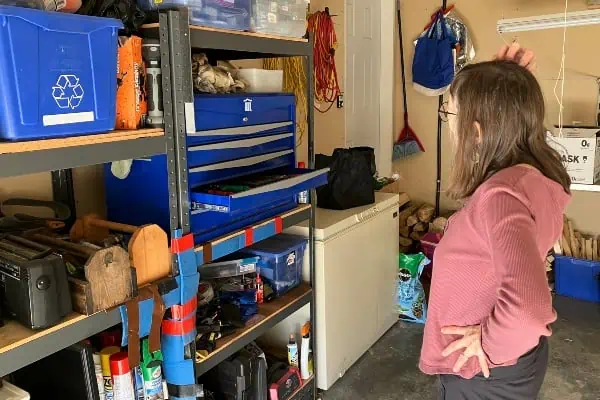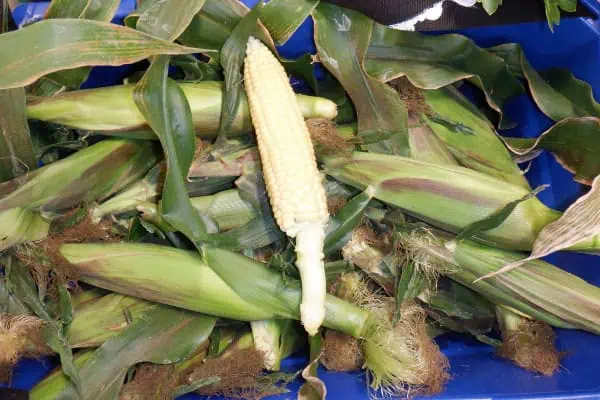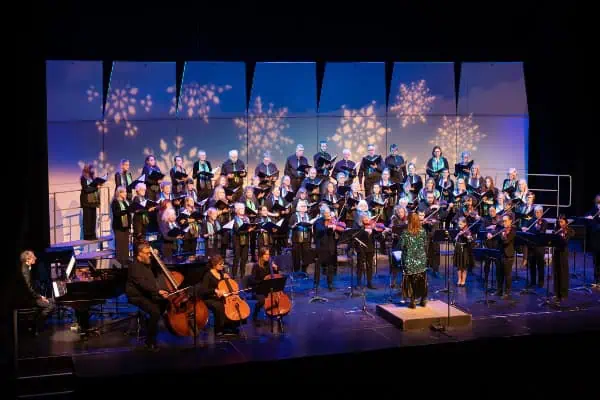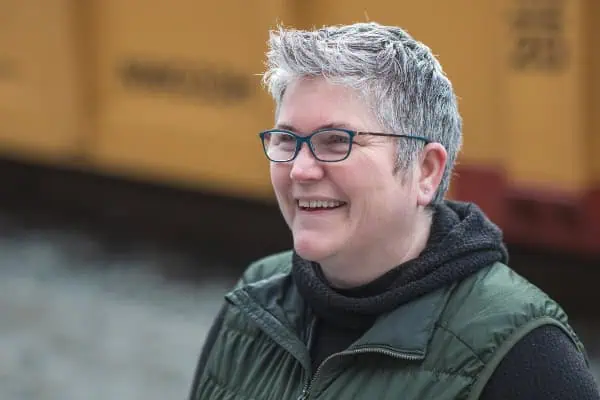“I wouldn’t trade my outhouse, surrounded by trees, for all the bathrooms in the world.” ~ Nancy Ohm
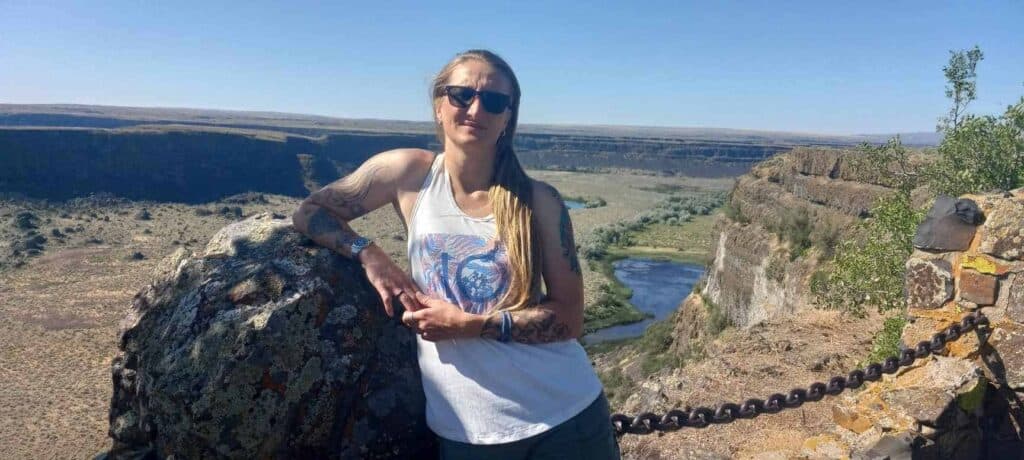
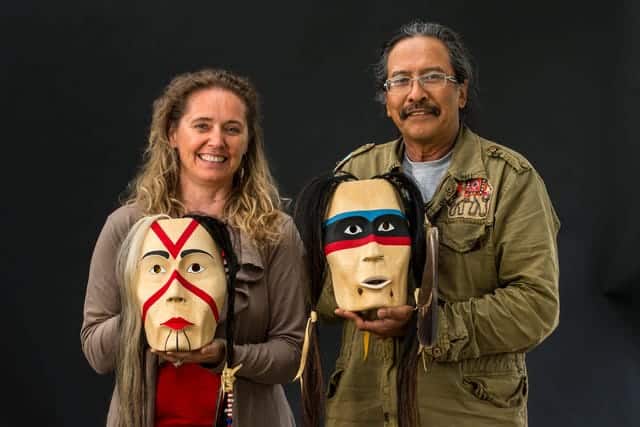
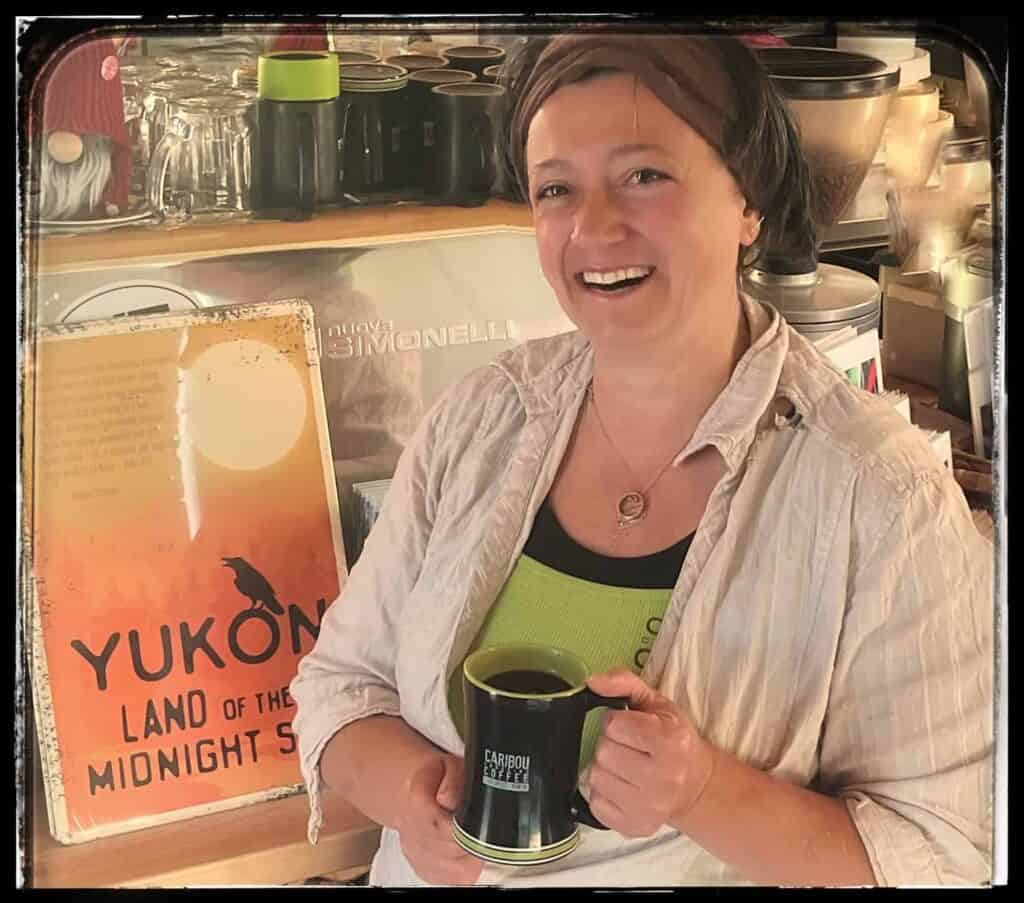
Nancy Ohm recently went to Germany, with her partner, to visit family and friends. After 11 years in the Yukon, the German cannot imagine making Germany her home again. She finds Germany highly populated and is looking forward to the silence of her Yukon home. She enjoys German cuisine (something all Germans miss), traditional German foods— Knödel (dumplings) and the variety of cheese one can buy in a German supermarket—not to forget Quark, a curd or a type of soft cheese that is rare in Yukon supermarkets.
Another thing is important to her: “To be able to hunt your own food is also something which I will never get tired of.” Ohm lives outside of Whitehorse with her partner who is a hunter and trapper, and she likes to go hunting with him. When she first came to the Yukon, she found the wide-open space fascinating and that people knew each other from all over the territory. She found that Whitehorse was a small town where everybody knew each other, back in 2013. “That has changed,” she said. Back then, she worked in hospitality (and still does) to get her permanent residency with the Yukon Nominee Program.
So did Antje, a German who arrived in Whitehorse in 2013 after working at a local ski resort in Kelowna. When she found out about the Yukon Nominee Program, she was looking for a sponsor and stayed. For two years she worked night shifts at a hotel, just to get her permanent residency. “The community and friends and what you could do afterwards (as a permanent resident) is what kept me motivated.” Immigrants could get sponsored by employers who could prove that they couldn’t find qualified Canadian workers. Antje never regretted doing the Nominee Program, even though it was hard, sometimes, with long night shifts and unfriendly customers. And she is now working as an operations manager for a tour company, drives school buses, occasionally, and works as a coach for Snowboard Yukon. She enjoys working in the winter and taking summers off—a kind of freedom one wouldn’t find in Germany.
Feeling rooted, finding love
“I had been a gypsy, by heart, until I came to Tagish and the Southern Lakes area.
“I felt rooted; I felt like I had finally arrived,” said Heike Graf, looking back on her journey. In 2006, she came to the Yukon for a three-week vacation. After only a week in the wilderness, with a canoe and a stay at Tagish Cabins B&B, Graf next applied for a work and travel visa, which she got quickly. She went home for a few months, gave away all her belongings, sold her occupational-therapy practice and came back with a temporary work visa.
“Why did I stay? The spell of the Yukon? The wilderness, the woods, the mountains, the lakes, the people … way nicer, way more relaxed and way less than in Germany.” She got her permanent residency, fell in love, became pregnant, gave birth to her first child and built a home for her family. Graf was missing a coffee shop, in Carcross, where she could meet with other moms. “In order to get this, I had to provide it myself.” She has been operating Caribou Crossing Coffee, in Carcross, for 12 years now. In addition to that, she works as the facility manager and events coordinator at Haa Shagóon Hidi, all year-round. Graf said she tries to visit family and friends in Germany, regularly. “It feels always good to be back there. And some things are, for sure, easier—shorter distances, well-developed infrastructure. But do I miss it? Not too much. Yes, of course I miss to visit my family more often. But otherwise? Only the variety of bread and cheese.”
Jenny Fröhling and Dennis Shorty (a.k.a. “Jennis”) have been sweethearts for a long time. Back in 2006, Jenny came to the Yukon for a vacation. She met Dennis Shorty in Ross River, fell in love and moved there, she said, “to spent the rest of my life with the love of my life.” Originally from the former Deutsche Demokratische Republik (DDR) in Eastern Germany, she noticed a lot of cultural differences between them: different languages (Jenny didn’t speak much English, because in Eastern Germany they weren’t taught English) and different food.
Dennis is a member of the Kaska First Nation and is a visual artist and a performing artist. He is also a survivor of residential schools, which Jenny didn’t know anything about. Dennis carried a lot of trauma with him, and he opened up to Jenny. The couple also operates the Raven Nest Lodge, in Ross River, where visitors can stay and experience Kaska First Nations culture.
Many Germans are interested in First Nations culture. They blame that on German author Karl May (born in 1842). He has never been to America but wrote a lot of stories about Winnetou, a hero in First Nations culture. Generations of Germans grew up reading his stories with a romantic picture of Indigenous people in their mind.
Jenny said she wasn’t interested in First Nations so much, before she met Dennis, but that she was interested in spirituality. “When I met Dennis, there was a higher power connecting us.” When she went back to Germany, after her first visit to the Yukon, her mother told her (without knowing anything about Dennis) that she had had a vision about an Indigenous person whispering words into Jenny’s ear that were in a different language. “I had not told my mother about Dennis, yet, because I wasn’t sure what to think. After my mother told me her vision, I knew that I had to follow my heart.” Jenny followed her heart.
Photographer Manu Keggenhoff also followed her heart when she moved to Atlin, B.C.—not quite the Yukon, but feels like it. Keggenhoff first came to the Yukon on a vacation, and when she and her now former partner pitched their tent at Marsh Lake Campground, on the longest day of the year, it hit her. “It was pure magic. I am sure that’s when the spell of the Yukon hit me.” The next day they travelled to Atlin and she knew: “I needed to live here.
“It was love at first sight.”

